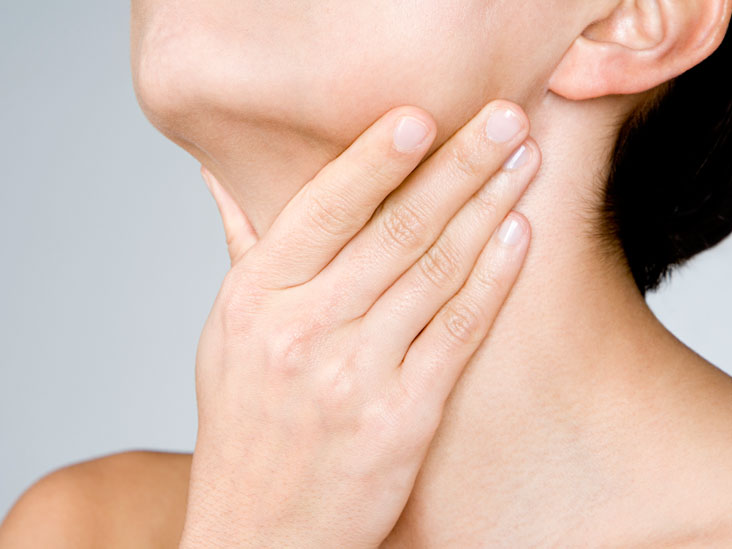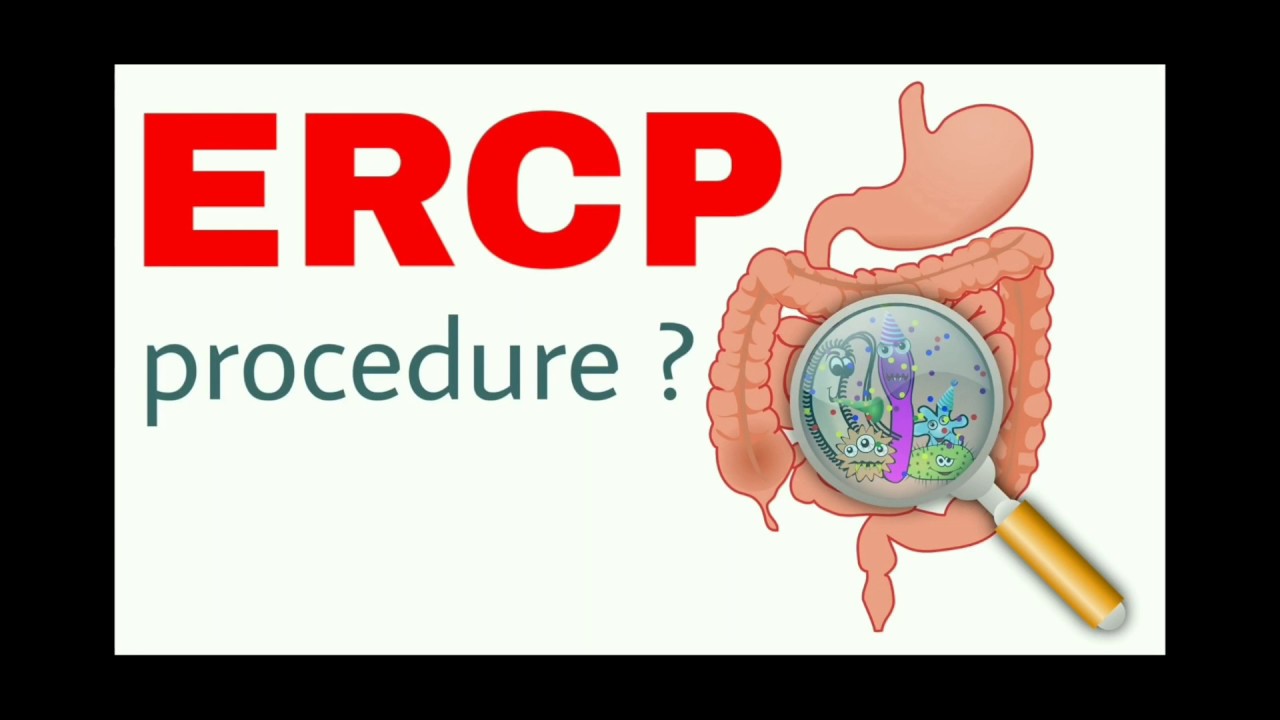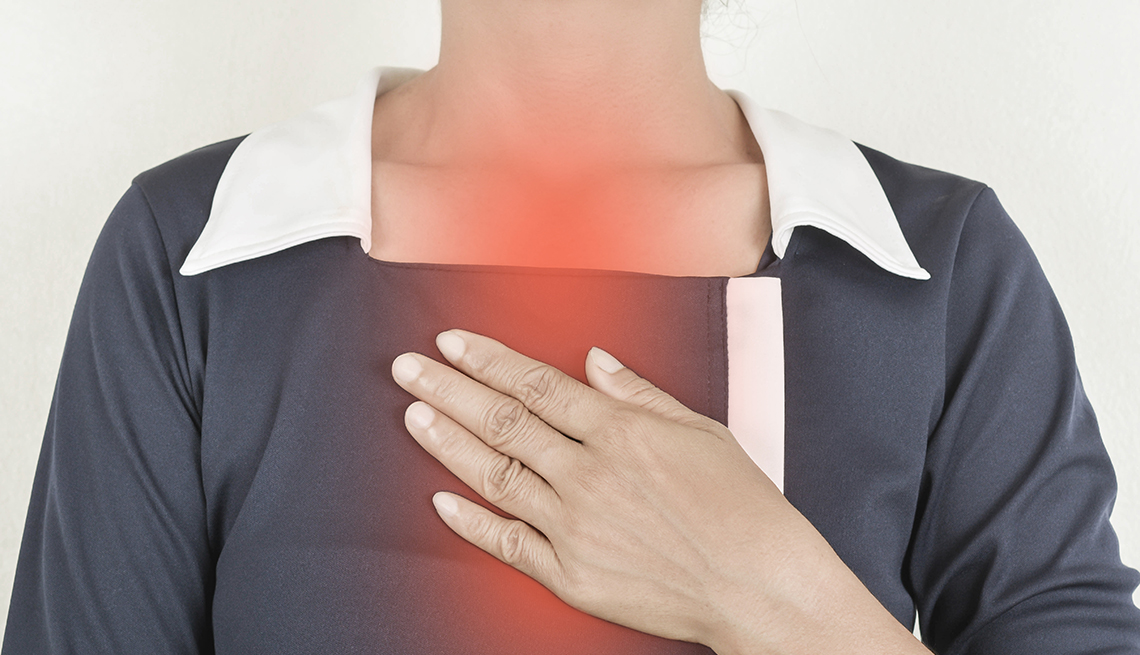Esophageal stricture and it’s treatment
Throat tightness is very much familiar for many people which causes uncomfortable, pain and even frightening feeling. Sometimes this tightness is for short time and hence may be recognized as anxiety or an allergic reaction. But persistent tightness which get worsen with time may be due to esophageal stricture. Not only tightness but person may feel pain in underlying tissue also. Gastroesophageal reflux or GERD can harm to esophageal tissue over time which can result in a scar and person may feel difficulty in swallowing.
Let’s take a look at common tests that are used to diagnose esophageal stricture :
Diagnosing Esophageal Stricture
- Barium Swallow – After swallowing barium, x-rays are taken to show the narrowing of the esophagus
- Endoscopy – A thin scope with light and camera, known as an endoscope, is guided into the esophagus in order to visualize the narrowing. This procedure is generally performed under a sedative and local anesthetic.
Treating Esophageal Stricture
- Proton Pump Inhibitors (PPIs) – PPI is used to treat GERD. By alleviating the symptoms of GERD, they are thereby able to reduce the pain, inflammation, and irritation in the throat.
- Dilation – In this procedure, the esophagus is dilated through weighted dilator that is passed through the mouth and into the esophagus. This treatment is typically performed by giving local anesthetic. If stricture pain is severe then it is performed for multiple times.
- Surgery – Surgery may be recommended by the gastroenterologist. In rare cases in which the stricture cannot be adequately dilated or strictures continue to return after repeated dilations, surgical treatment may be necessary.
Prognosis is very important after treatment. Some patients may require subsequent treatment, but most patients can resume to their normal diet and routine.
It is possible to prevent the initial development of esophageal strictures by using caution to avoid the accidental ingestion of corrosive substances. If you suffer from frequent or prolonged heartburn, see a gastroenterologist doctor for diagnosis and treatment of GERD. If the appropriate steps are taken to prevent esophageal stricture or to treat it once it occurs, the condition should have minimal impact.
If you feel difficulty swallowing and inflammation or irritation of the throat, it may be time to speak with a gastroenterology specialist about the possibility of esophageal stricture.



